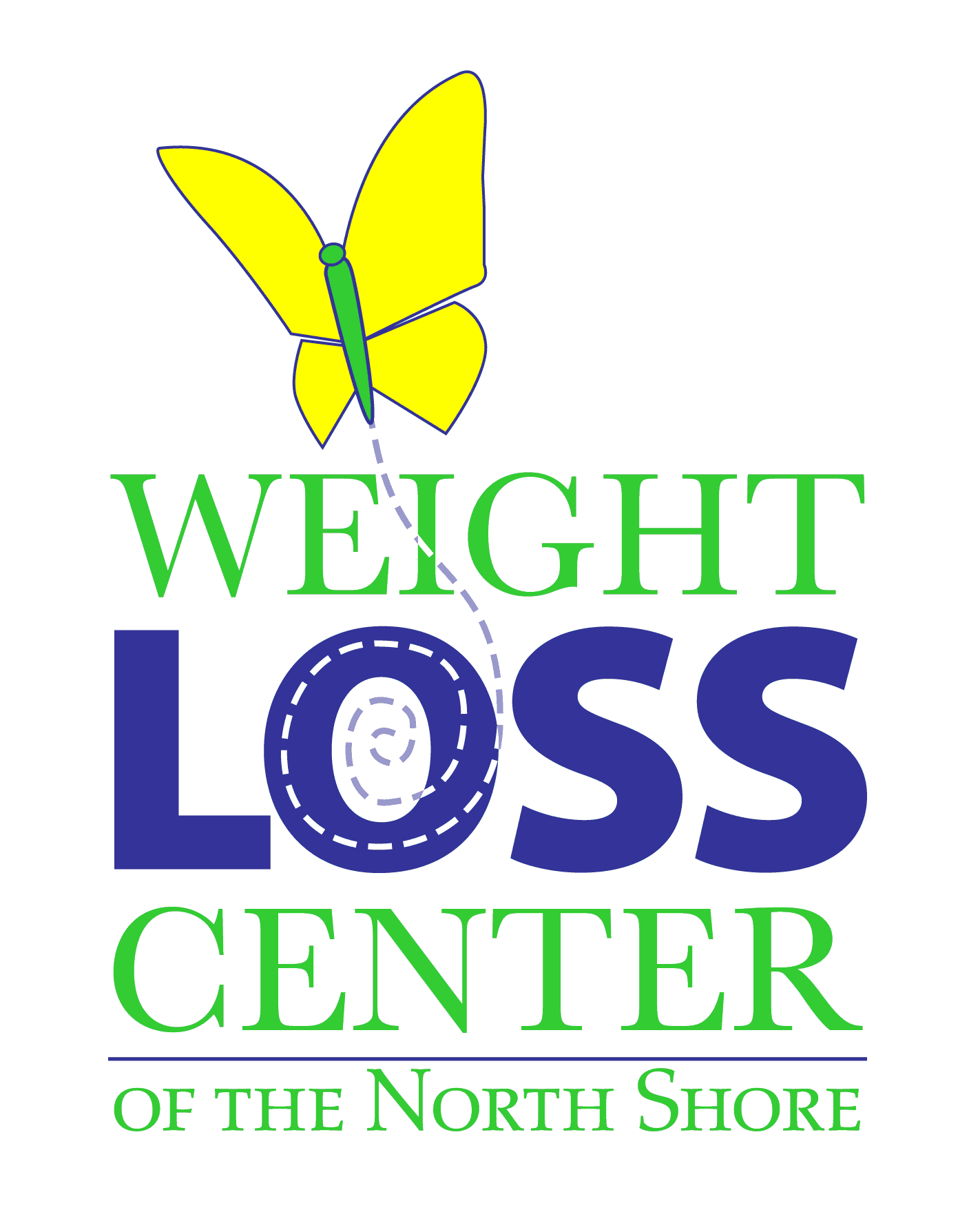Weight Loss with the Mediterranean Diet and Volumetrics
In the ever-evolving landscape of weight loss, certain diets stand out for their health benefits and effectiveness. Two such diets are the Mediterranean diet and Volumetrics, each offering unique approaches to achieving and maintaining a healthy weight. At [Your Weight Loss Center], we incorporate these evidence-based diets into our comprehensive weight loss programs to help our clients achieve sustainable results.
The Mediterranean Diet: A Lifestyle Approach
The Mediterranean diet is renowned for its emphasis on whole foods, healthy fats, and lean proteins. This diet is inspired by the traditional eating patterns of countries bordering the Mediterranean Sea and is celebrated for its heart-healthy benefits. Key components of the Mediterranean diet include:
Whole Foods: Fresh fruits and vegetables, whole grains, and legumes form the foundation of this diet.
Healthy Fats: Olive oil, nuts, and seeds provide essential fats that support cardiovascular health.
Lean Proteins: Fish and poultry are preferred over red meat, providing high-quality protein with lower saturated fat content.
Moderate Dairy: Cheese and yogurt are included in moderation, contributing to calcium and probiotic intake.
Limited Sweets and Red Meat: These are consumed sparingly, focusing instead on natural sugars and plant-based proteins.
Research has shown that the Mediterranean diet can reduce the risk of heart disease, improve blood sugar control, and support weight loss by promoting satiety and reducing unhealthy cravings (Eat This, Not That, 2024; Schueller, 2024).
Volumetrics: Promoting Fullness with Low-Calorie Foods
Volumetrics, developed by nutrition researcher Dr. Barbara Rolls, focuses on eating low-calorie, high-volume foods to promote fullness and reduce overall calorie intake. This diet emphasizes foods with high water and fiber content, which can help you feel full on fewer calories. Key principles of Volumetrics include:
High-Volume Foods: Non-starchy vegetables, fruits, broth-based soups, and whole grains are staples.
Low-Calorie Density: Foods that are low in calories but high in volume and nutrients help control hunger.
Mindful Eating: Paying attention to hunger and fullness cues to avoid overeating.
By prioritizing foods that are naturally low in calories but high in volume, Volumetrics helps individuals feel satisfied while consuming fewer calories. This approach can lead to steady, sustainable weight loss and improved overall health (Eat This, Not That, 2024).
Why Work With The Weight Loss Center of The North Shore?
At the Weight Loss Center of The North Shore, we recognize that everyone is unique. Our personalized approach combines the best of the Mediterranean diet and Volumetrics, tailored to your specific needs. Our offerings include:
Custom Meal Plans: Incorporating whole foods, healthy fats, and low-calorie options.
Nutritional Counseling: Expert advice for informed food choices.
Medical Supervision: Access to the latest weight loss treatments.
Mental Health Support: Counseling to tackle emotional barriers.
Fitness Programs: Tailored exercise plans for all fitness levels.
Ready to start your journey to a healthier you? Contact us today to schedule a consultation and take the first step toward achieving your health goals. At the Weight Loss Center of The North Shore, Dr. Carmela Mancini supports you every step of the way.
References
Eat This, Not That. (2024). The Top 5 Weight-Loss Diets of 2024. Retrieved from https://www.eatthis.com
Schueller, G. (2024). Health at U.S. News. Retrieved fromhttps://www.usnews.com
